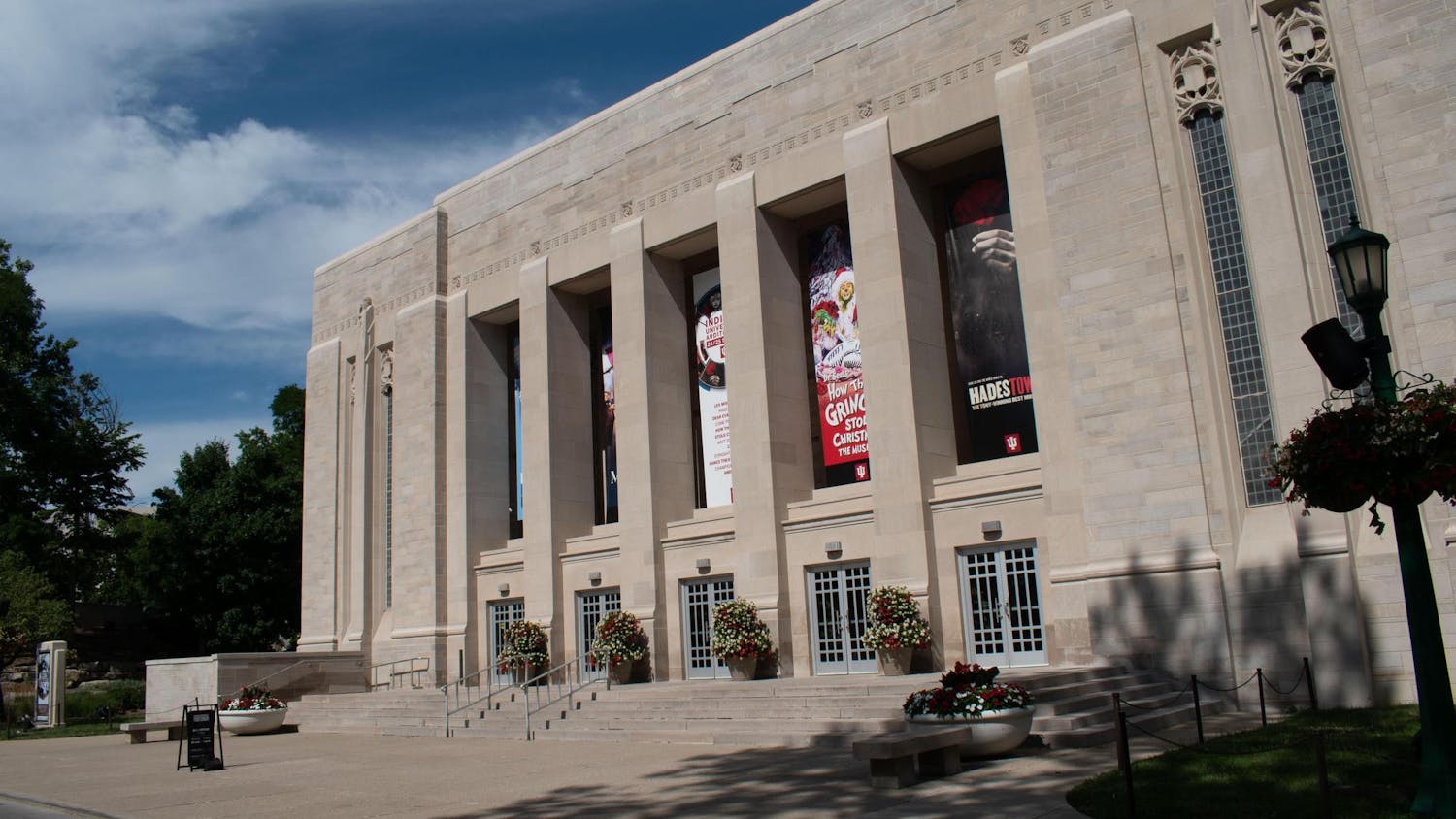Punk rock scenes allow black individuals to cultivate a sense of personal identity.
Director James Spooner showed and discussed his film “Afro-Punk” on Friday to an audience of approximately 60 people.“The film explores race and identity within the black punk rock scene,” said Mary Huelsbeck, archivist and head of public and technology services.
She said the film has become a phenomenon and been shown in film festivals all over the world.
Spooner made the documentary in a do-it-yourself fashion, and he said he was always happy to share his art with audiences.
The film began with one of the characters stating, “When I was a kid, I was convinced white people were cool.”
Over the course of roughly an hour and a half, Spooner explored multiple facets of the black punk rock movement.
The film suggests that being black and being punk rock are interrelated identities for most of the people in the film.
However, the black punk rock scene is fairly small. Many punk rockers in the film talked about the isolation they experience. Often they said that at concerts they are often the lone black person and they are always in a vast majority.
One of the main women, 22-year-old Mariko Jones, did a lot of soul and identity searching throughout the course of the film. Jones discussed issues she had with developing a black sense of identity in the punk rock scene.
Other than Bad Brains and a few other black punk rock bands, the scene is mostly occupied by suburban white teens. This causes many problems for black punk rockers.
The film said they often feel as though they are caught in a system and the only escape is through punk rock.
But, in choosing to be engaged in the punk rock scene, black teens are isolated from their black community and called “white.”
In the film, this circular problem creates tension and isolation amidst black punk rockers and the communities they chose to engage with. The film said punk rock is a hybrid of rock and roll, which allows teens to ask deep questions about themselves and their communities. Thus, it serves a need for black punk rockers all over the world, but especially in the U.S.
After the film, Spooner fielded questions from the audience. He talked about how different backgrounds can change the way black punk rockers identify themselves and construct their identities.
He also talked about making and distributing the documentary. He said his main purpose in the film was to candidly discuss racism amongst black and white Americans.
“My experience is that white people don’t want to talk about race,” Spooner said.
“Mentioning a difference means there is a difference among people in the U.S.”
He said the black punk movement grew out of the history of racism in America.
“Things are evolving,” Spooner said. “But racism is like a virus, it continues to evolve.”
Spooner explores race and identity in punk scene
Get stories like this in your inbox
Subscribe





